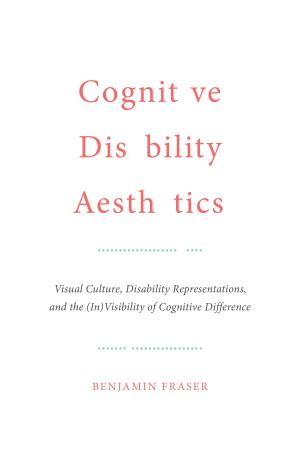Responding to Youth Crime in Canada
Nonfiction, Social & Cultural Studies, Social Science, Social Work, Crimes & Criminals, Criminology| Author: | Carla Cesaroni, Anthony N. Doob | ISBN: | 9781442690936 |
| Publisher: | University of Toronto Press, Scholarly Publishing Division | Publication: | March 24, 2004 |
| Imprint: | Language: | English |
| Author: | Carla Cesaroni, Anthony N. Doob |
| ISBN: | 9781442690936 |
| Publisher: | University of Toronto Press, Scholarly Publishing Division |
| Publication: | March 24, 2004 |
| Imprint: | |
| Language: | English |
In Responding to Youth Crime in Canada, Anthony Doob and Carla Cesaroni describe how Canada has been responding to youth crime in the context of the Youth Criminal Justice Act, which came into force on April 1, 2003. The authors describe what is known about Canadian youth crime, and the operation of the youth justice system in the context of the changes in the law that are taking place.
The authors posit that the youth justice system has a relatively modest impact on youth crime. In order to respond intelligently to it and to evaluate the response of the state, two sets of information must be understood. First, society must try to understand what 'youth crime' looks like in Canada. Second, in order to understand - and evaluate - the changes that are being made in youth justice legislation in Canada, a clear understanding of the manner in which the youth justice system currently operates is necessary. Unlike those who look to the youth justice system to solve the problem of youth crime, the authors suggest that we should look to the youth justice system to respond appropriately to the realities of what constitutes youth crime and look elsewhere to address how one might affect the level of youth crime in our society.
In Responding to Youth Crime in Canada, Anthony Doob and Carla Cesaroni describe how Canada has been responding to youth crime in the context of the Youth Criminal Justice Act, which came into force on April 1, 2003. The authors describe what is known about Canadian youth crime, and the operation of the youth justice system in the context of the changes in the law that are taking place.
The authors posit that the youth justice system has a relatively modest impact on youth crime. In order to respond intelligently to it and to evaluate the response of the state, two sets of information must be understood. First, society must try to understand what 'youth crime' looks like in Canada. Second, in order to understand - and evaluate - the changes that are being made in youth justice legislation in Canada, a clear understanding of the manner in which the youth justice system currently operates is necessary. Unlike those who look to the youth justice system to solve the problem of youth crime, the authors suggest that we should look to the youth justice system to respond appropriately to the realities of what constitutes youth crime and look elsewhere to address how one might affect the level of youth crime in our society.















